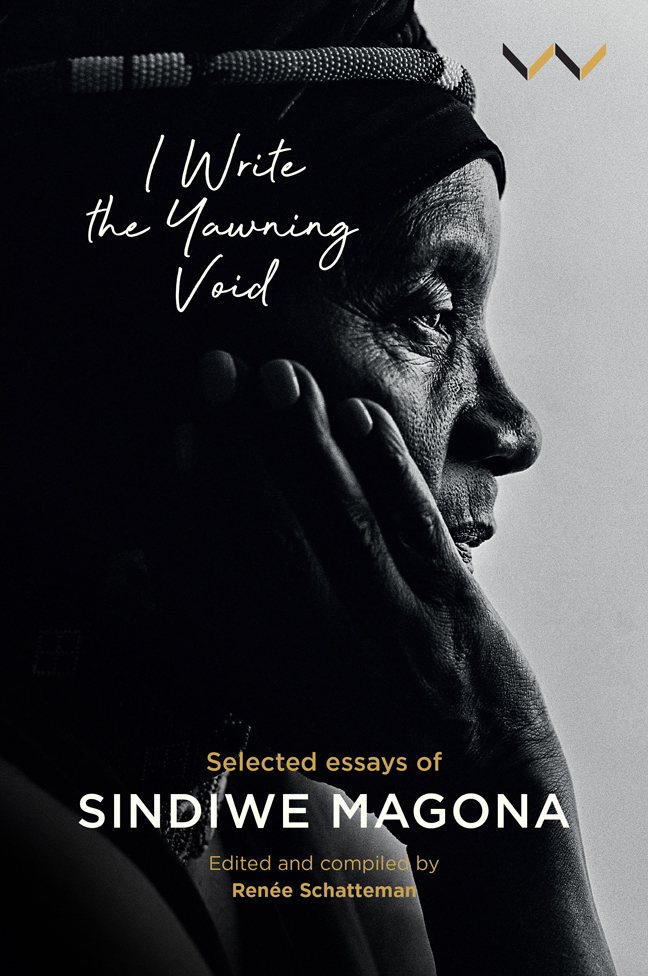Book contents
- Frontmatter
- Dedication
- Contents
- Acknowledgements and Permissions
- Foreword
- Introduction: Writing South Africa's Yawning Void
- Part I Coming into Writing
- Part II Writing about Pressing Issues
- Part III Writing about My Writing
- Conclusion: A Tribute to Those Who Came Before Me
- Notes
- Selected works
- Bibliography
- Index
12 - Why I Wrote Chasing the Tails of My Father's Cattle
Published online by Cambridge University Press: 02 March 2024
- Frontmatter
- Dedication
- Contents
- Acknowledgements and Permissions
- Foreword
- Introduction: Writing South Africa's Yawning Void
- Part I Coming into Writing
- Part II Writing about Pressing Issues
- Part III Writing about My Writing
- Conclusion: A Tribute to Those Who Came Before Me
- Notes
- Selected works
- Bibliography
- Index
Summary
This previously unpublished essay explains Sindiwe Magona's turn to rural fiction in this novel, as well as the influence that the memory of her father had on the story. She reflects on the novel's protagonist, Jojo, who represents a masculine ideal often absent in her writing, and on the status of women's rights and protection in the rural environment.
NOT PROVOKED. OR WAS IT?
This book is perhaps the one exception to the observation I have made regarding my writing – it did not emerge from a position of anger or provocation. I willed it into being – wishing to see it appear.
Mother to Mother (1998) and Beauty's Gift (2008), its predecessors, were both definitely provoked. Mother to Mother was a response to an intimate tragedy: a killing in which two families were brought into close knowingness – the one of the other – by the awful incident. Because of a terrible murder, individuals who had not known one another become intricately involved in a horrific clash of feelings they had naught to do with, yanked into a soul-wrenching arena on opposing sides: victim and perpetrator. Both are shown to be sides of the same socio-political coin.
Beauty's Gift, the second novel, was provoked by the HIV and Aids pandemic, or, to be more precise, by how South Africans, as a nation, were dealing with the disaster – or rather, tragedy. It was a large-scale tragedy, for human lives were lost, some, if not most, unnecessarily. Had there been a better-informed leadership at the time, and thus a better-managed national programme, which was compassionate and worked from the heart, I sincerely believe most of those who succumbed might still be alive today.
It is commonly estimated that President Thabo Mbeki's HIV and Aids policies were responsible for more than 300 000 deaths. That staggering statistic reminded me (as if anyone could forget) of the tales of horror that had led to the publication of my book of poetry, Please, Take Photographs (2009). Words. Words. Words. Those words of poetry poured out of me, fired by the same anger as had previously provoked me into screaming words onto a page. The title of the collection is that of the poem which urges parents and caregivers to take pictures of children as a matter of urgency, since predictions for the youth of South Africa were that most would not reach the age of thirty.
- Type
- Chapter
- Information
- I Write the Yawning VoidSelected Essays of Sindiwe Magona, pp. 146 - 159Publisher: Wits University PressPrint publication year: 2023

